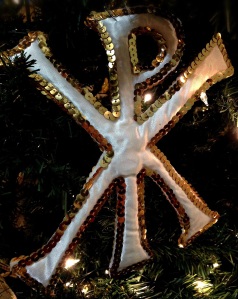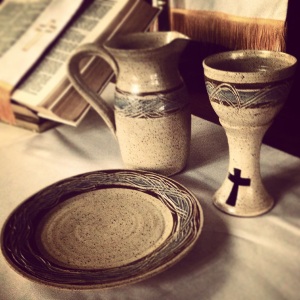Scripture: John 7:25-31
Now some of the people of Jerusalem were saying, “Is not this the man whom they are trying to kill? And here he is, speaking openly, but they say nothing to him! Can it be that the authorities really know that this is the Messiah? Yet we know where this man is from; but when the Messiah comes, no one will know where he is from.” Then Jesus cried out as he was teaching in the temple, “You know me, and you know where I am from. I have not come on my own. But the one who sent me is true, and you do not know him. I know him, because I am from him, and he sent me.” Then they tried to arrest him, but no one laid hands on him, because his hour had not yet come. Yet many in the crowd believed in him and were saying, “When the Messiah comes, will he do more signs than this man has done?”
Reflection:
Over and over again in the Gospel of John we see people doubting the divine origin and purpose of Jesus. They question that he is the long-expected Messiah, and they come up with reasons why it can’t be so. Here, we witness a crowd claim he can’t be the Messiah because they know where Jesus was born. In their minds, they shouldn’t know where the Messiah is from. He’s supposed to come only from heaven. And because Jesus fails to meet their expectations, they don’t believe in him. Despite the wisdom he offers and the miraculous signs he performs, the crowd can’t see Jesus for who he is because they are trapped in their own expectations.
That tendency to lock ourselves within our own expectations remains as powerful now as it’s ever been. We are drawn to people who can feed and propagate the narratives and perspectives we already believe without question or challenge. And that makes sense because most people, I would guess, enjoy hearing they’re right. I know I certainly do. Yet, when we bunker down into a life without critical reflection and alternative perspectives, we’re setting ourselves up to miss out on the truth of God that might be coming from outside our expectations. Jesus broke a lot of cultural and religious expectations with his life and ministry. I don’t believe anything has changed now that he’s seated with the Father in heaven.
Prayer:
God of all life and creativity, shatter my expectations of you so that I might be more alert to your voice. Help me to seek out perspectives that aren’t my own with the hope of finding you there.

